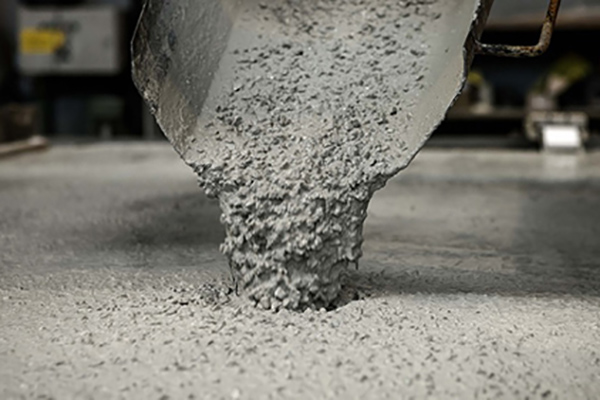Taming the Winter Chill: Unveiling the Secrets of Frost-Proof Cement Additives
As the days grow shorter and temperatures plummet, construction projects often face a formidable foe: freezing temperatures. But fear not, intrepid builders! With the magic of frost-proof cement additives, you can keep your projects on track, even when the mercury dips.

Understanding the Enemy:
When water in freshly poured concrete freezes, it expands, creating internal pressure that can lead to cracks, spalling, and overall structural damage. This is where frost-proof cement additives come to the rescue.
These specially formulated admixtures work in several ways to combat the damaging effects of freezing:
- Lowering the freezing point: Certain additives like calcium chloride and potassium carbonate depress the freezing point of water in the concrete mix, allowing it to stay liquid and continue hydrating at lower temperatures.
- Accelerating hydration: Other additives like calcium nitrate or non-chloride accelerators promote faster cement hydration, reducing the amount of free water that can freeze and damage the concrete.
- Entraining air: Air-entraining agents introduce microscopic air bubbles into the concrete mix. These bubbles act as miniature expansion chambers, accommodating the expansion of freezing water and minimizing damage to the concrete structure.
Choosing the Right Weapon:
The specific frost-proof cement additive you choose will depend on several factors, including:
- Severity of winter conditions: The colder the environment, the more potent an additive your concrete will need.
- Type of concrete mix: Different mix designs may have varying requirements for frost-proof additives.
- Desired properties of the concrete: Some additives can affect the setting time, strength, and other properties of the concrete.
It’s crucial to consult with a concrete specialist or engineer to determine the most suitable additive for your specific project and climate.
Beyond the Cold:
While frost protection is undoubtedly the main benefit of these additives, their advantages extend beyond winter:
- Accelerated construction: Faster setting times provided by some additives allow for quicker construction timelines, especially in colder weather.
- Improved strength: Certain additives can contribute to increased concrete strength and durability.
- Enhanced workability: Some additives improve the flowability of concrete, making it easier to place and finish.
A Partner in Progress:
Frost-proof cement additives aren’t a magic bullet that grants complete immunity to the cold. They are a tool, and like any tool, they must be used properly to achieve optimal results. Following proper mixing procedures, maintaining adequate temperatures, and curing the concrete correctly are all essential for maximizing the benefits of these additives.
By combining the power of frost-proof cement additives with proper construction practices, you can ensure your projects stay strong and resilient, even in the face of winter’s wrath.
FAQs:
Q: Can I use frost-proof cement additives in all types of concrete?
A: While many frost-proof additives are compatible with a variety of concrete mixes, it’s crucial to consult with a concrete specialist to ensure the chosen additive is suitable for your specific project.
Q: How long do frost-proof cement additives last?
A: The effectiveness of frost-proof additives varies depending on the specific product and dosage used. Generally, they provide protection during the critical initial curing period of the concrete.
Q: What are some alternatives to frost-proof cement additives?
A: In some cases, alternative options like heated enclosures, insulated forms, and early strength concrete can be used to prevent freezing damage in concrete.
Remember, when battling the winter chill, knowledge is your greatest weapon. By understanding the challenges of cold weather construction and harnessing the power of frost-proof cement additives, you can ensure your projects stand strong, year-round.
Post time: 12 月-13-2023




